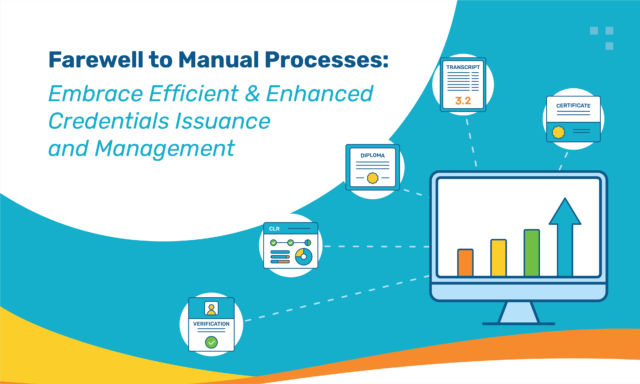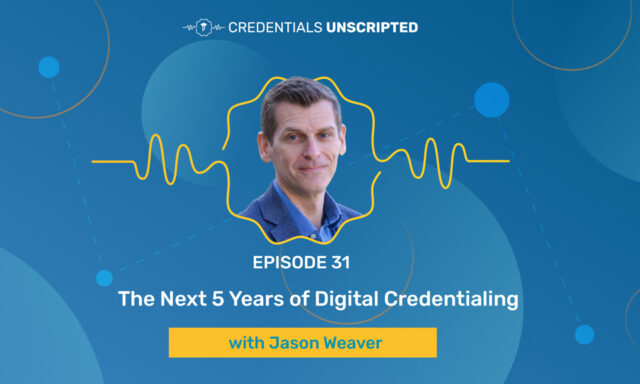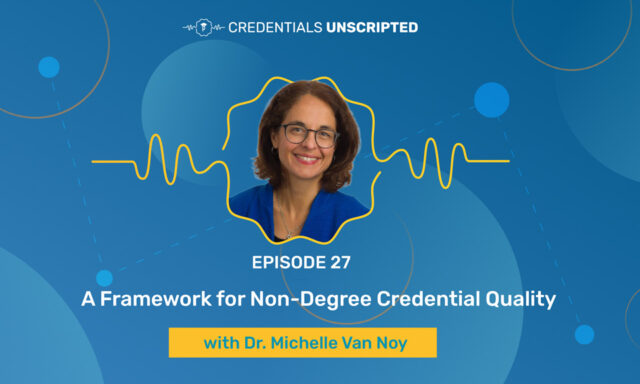Think you’re exempt from diploma fraud? Think again. A surprising number of people are willing to fake a college degree – even a masters or a doctorate – in order to snag a great job. If you’re at all concerned about the integrity of your employees and your business, you’ll take credential fraud seriously.
According to “Degree Mills: The Billion-Dollar Industry That Has Sold Over A Million Fake Diplomas,” written by researchers Allen Ezell and John Bear, it’s highly likely that more than half of people who claim to have a Ph.D. are being dishonest or got their credentials from a diploma mill. The world of fake degrees is extensive, costing both businesses and legitimate schools a huge amount of time and money.
Consider some of the high-level scandals that major companies face for hiring executives with fake credentials. Business Insider listed 17 incidences where high-level business people, ranging from a vice president at Walmart to president and chairman of the U.S. Olympic Committee to a RadioShack CEO, lied about their credentials on their resume. The latter was forced to come clean after a student from the University of Colorado intended to disclose the information in a news article. David Edmondson, formerly of RadioShack, resigned, as did many others.
Given the high risks some people are willing to incur, it’s no wonder that diploma mills are a $2 billion industry.
That said, not everyone gets a degree from a diploma mill with the intention to commit fraud. An investigative report from a Tampa-based NBC affiliate found that although many resident police, firefighters and engineers had purchased fake degrees, some of them didn’t realize they were engaging with bogus schools or that their credentials weren’t reputable. They believed, as the diploma mills claimed, that their life experience was enough to grant them the desired degree.
“I didn’t break any doggone laws,” said Roger Lindsay Sr., a police officer who purchased a degree from one of the biggest diploma mills in the world, to the news agency. “I paid for something that was worthless.”
Avoiding credential fraud and keeping your business from risk
Some people may wonder what’s so bad about credential fraud if a person has the skills to succeed at their job. After all, the people on the Business Insider list wouldn’t have been promoted to executive, chairman or similar roles if they weren’t talented, right? One was even allowed to keep his job (though he had to pay $100,000 and relinquish his bonus that year).
The problem is fake degrees anger the public and discredit the reputations of legitimate schools. Businesses and executives can be accused of misleading shareholders, and the people who use fake degrees are often accused of fraud.
So how can you protect your business, both from diploma mills and people who simply lie about their credentials? During the hiring process, request proof of school attendance (such as a transcript or diploma), and make sure the school is accredited. Keep in mind that “accreditation mills” also exist, so you’ll want to check the Council for Higher Education, the U.S. Department of Education or the International Accreditation Service for accuracy, especially for international schools.
Once you’ve learned the school is real and not a mill, you’ll also want to verify the diploma itself. Thanks to graphics programs (and even a simple copying machine), it’s all too easy for candidates to provide a fake or altered digital or paper diploma that looks real to the untrained eye.
Luckily, Parchment’s Blue Ribbon Certification verifies that digital transcripts and diplomas from schools and institutions haven’t be altered in any way. If your business is set to verify academic credentials with Parchment, you can rest assured that you’re getting the exact document issued by the school.
Get in touch to learn more about how Parchment helps employers verify credentials and beat fraud.
There’s always more to learn.




